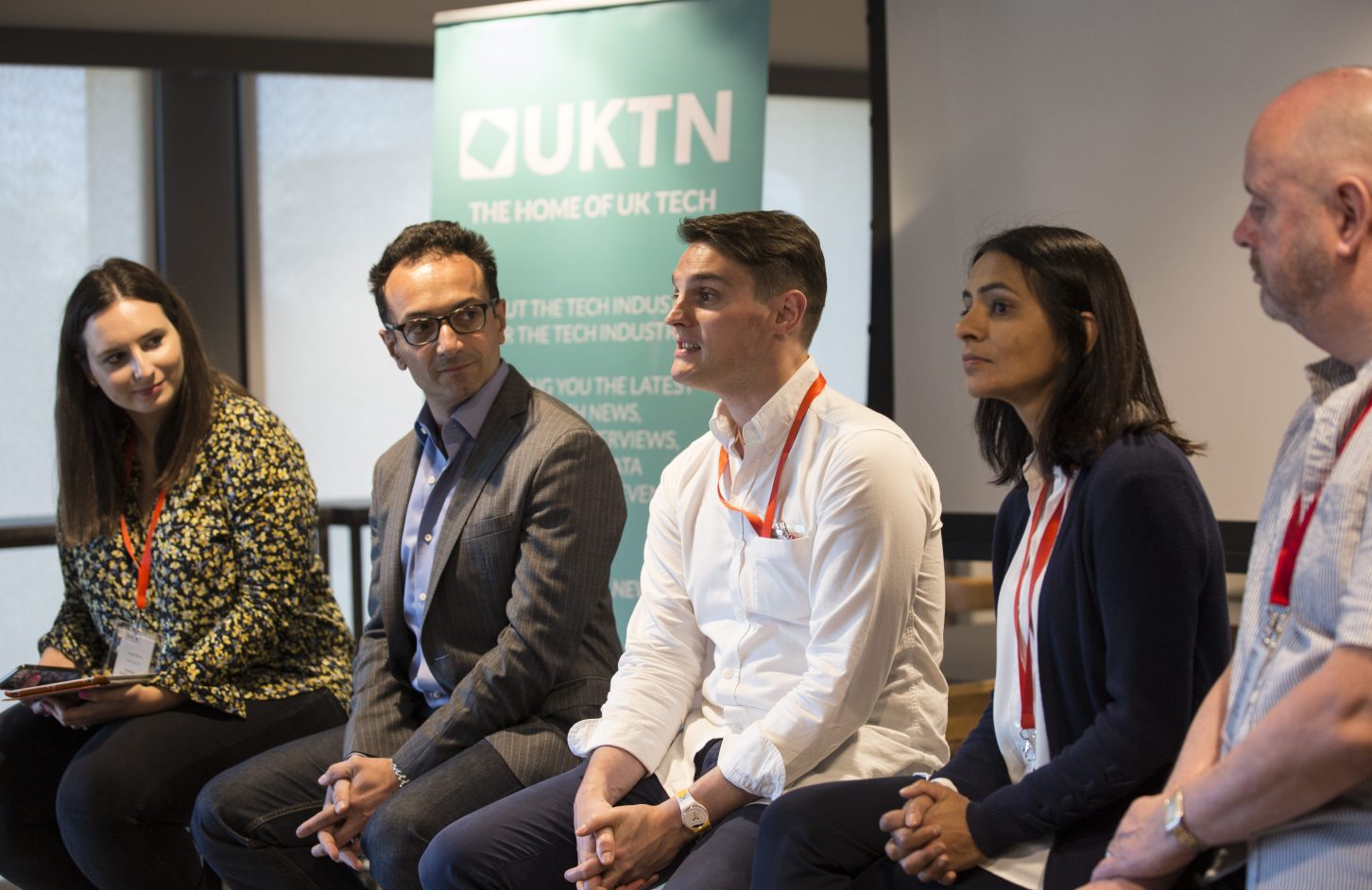Should technology founders co-innovate with corporate organisations? What are the advantages and disadvantages of doing so?
We gathered a panel of experts to deep-dive into the topic of co-innovation in a bid to decipher what entrepreneurs should bear in mind before establishing a relationship with a corporate partner, and to find out more about how corporates approach these kind of agreements.
The panel featured Shetal Edwards, head of innovation partnerships at EDF Energy; Devrim Celal, chief executive officer at Upside Energy; David Barlow, business development at Gestoos; and Matthew Bradley, an investor at Forward Partners.

The pros and cons
By definition, co-innovation describes the relationship between partners which purposively manage the sharing of knowledge through joint invention and commercialisation. Startups and scaleups typically want to partner with larger organisations to gain expertise, resource and legitimacy. In turn, corporates are keen to work with new tech companies to develop innovative solutions and keep abreast of what is happening in-market. ...

